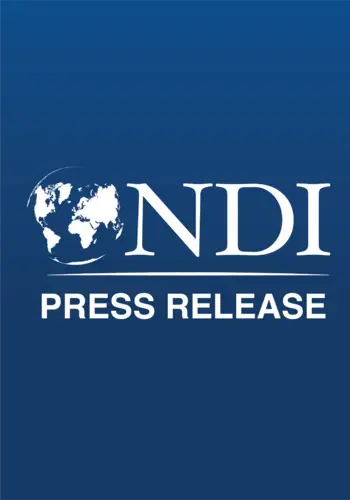It is our hope that the security of the IDPs is at the top of the agenda of both the government and rebel forces to ensure that humanitarian agencies are able to provide assistance without any obstruction or fear for their safety. The onset of the rainy season remains our major concern because it threatens the lives of IDPs. The first heavy rainfall resulted in flooding and the collapse of temporary shelters of IDPs at many camps across the nation. Such dire conditions resulted in outbreaks of water borne diseases such cholera, acute watery diarrhea, bloody diarrhea, and malaria.
Overcrowding due to inadequate space for settlement resulted in critical risks to the health and welfare of IDPs settling in those areas due to the limited space to put up tents for shelter, sanitation facilities and latrines. Additionally, the lack of proper space to set up emergency learning spaces negatively impacts the education of school children at all levels who in the short run will be prevented from progressing to the next level. The poor roads will soon become impassable because of rainfall, which will create acute food and health shortages for IDPs in remote areas who will need assistance in some a few months to come.
We urge the South Sudan government to identify new sites for IDPs who took refuge within UNMISS bases across the country to reduce the overcrowding and congestion in those dense, limited spaces to enable IDPs to access better land for proper settlement. The recent initiative of UNMISS and international Organization of Migration (IOM) to relocate IDPs from Tongping to Jebel Way Station in Juba is welcome, and can serve as a model that can be applied to IDPs in other states after each state government allocates enough land for them.
We also express our appreciation for the tireless efforts of UN agencies and international nongovernmental organizations (INGOs) to provide assistance to most South Sudanese who were displaced by conflict in various locations. We equally urge international humanitarian agencies to team up with South Sudan’s community based organizations (CBOs) or civil society organizations (CSOs) to continue providing health and hygiene promotion awareness, including household visits, clean and safe drinking water, adequate shelters, latrines and to set up emergency learning spaces for children. Humanitarian agencies should use airlifts and airdrops as alternative means to help those in hard to reach locations.
We condemned the IDPs attack at UNMISS compound in Bor Jonglei state by the notorious youth groups and urge the government of South Sudan to bring the culprits to book, we call upon the citizens of South Sudan to stop violent ways of solving conflict and always seek a peaceful means of addressing grievances for better and united South Sudanese people.
We pay tribute to the consistent mediation efforts of the Intergovernmental Authority on Development (IGAD) Special Envoys, the Africa Union, the United Nations, the Troika Group, and the European Union for their support of peace negotiations; without them the negotiations would not have been possible.
The South Sudanese Network for Democracy and Elections is the largest and most vibrant civil society network in South Sudan with over 75 civil society organizations as members. Formed in April 2009 and registered with the Ministry of Justice, SSuNDE became a national coalition with activities all over the 10 states of South Sudan through its network of CSO member organizations in each state.

